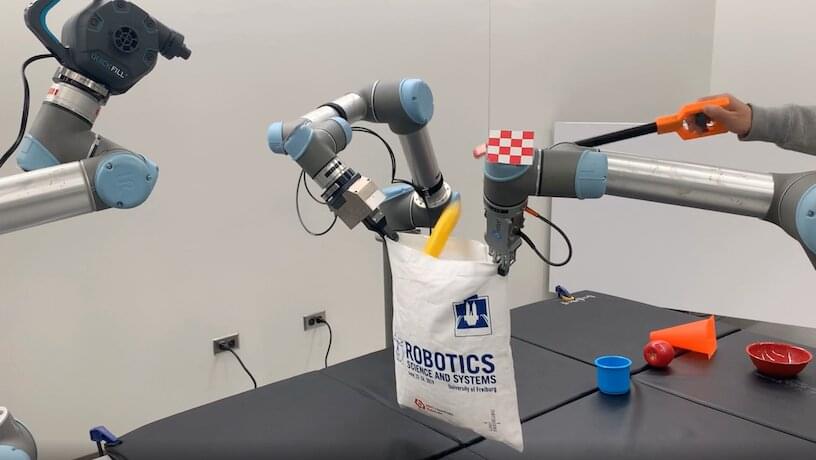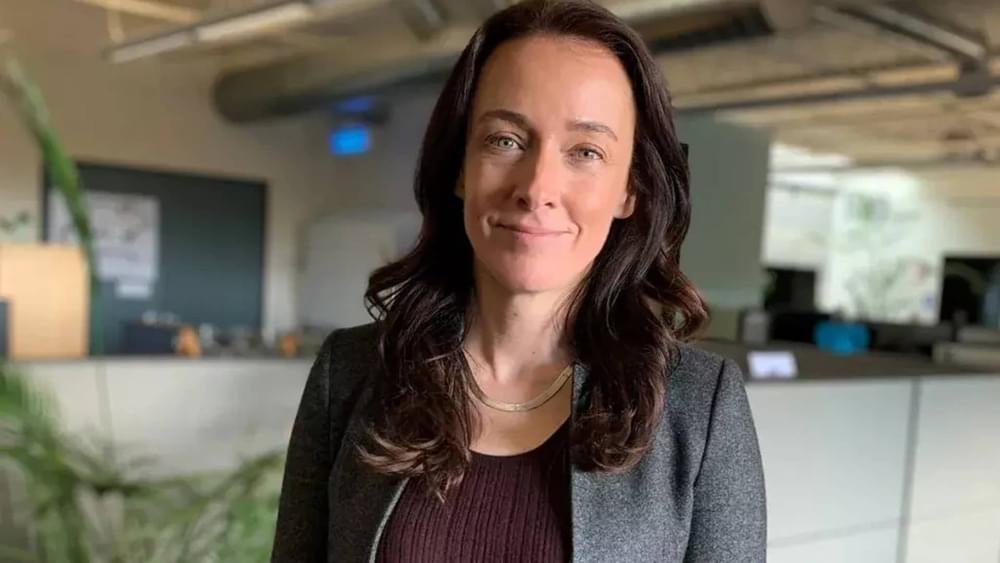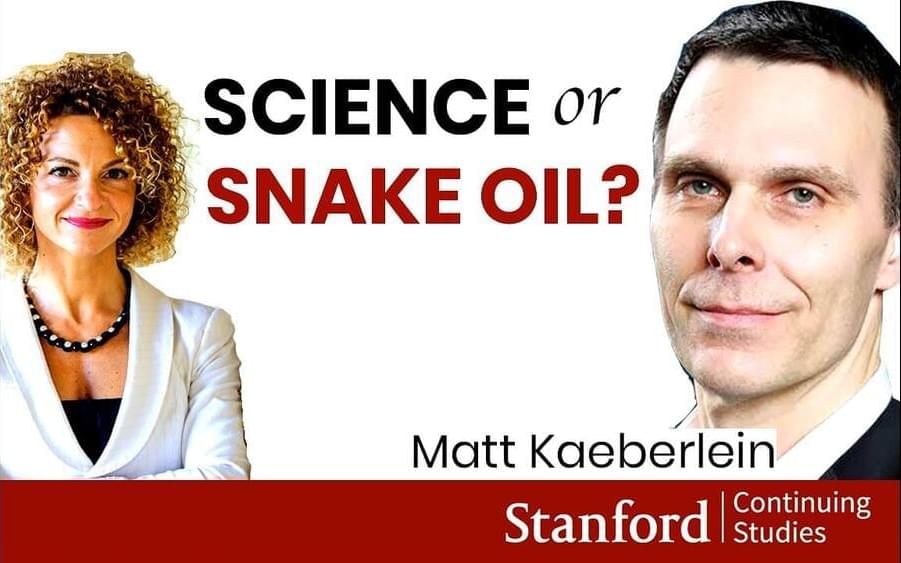Mar 10, 2023
Yamanaka Factors — The Key to Life Extension?
Posted by Joe Bennett in categories: biotech/medical, genetics, life extension
A quick introduction to Yamanaka factors!
The quest for longevity has always been with us. Ever since the ancient kings of old we have been trying everything we can think of in order to stave off death and disease, with most of our efforts unfortunately baring little fruit. However, as it turns out, the power to reverse the aging process has been nestled within us this whole time. Not in the metaphorical sense, but rather in the quite literal sense. For you see, we have been reversing the aging process every single time we have reproduced.
Have you ever wondered how it is that regardless of how old the parents of a child are, the child is never born ‘pre-aged?’. This seems like a ridiculous question, but if the genetic material that came from the parents (especially from the father) has already undergone the aging process, then how is it that ‘genetic aging’ is not passed onto the child? If such a process were to occur, then it would obviously spell doom for our entire species, as we would eventually accumulate age with each subsequent generation and we would very quickly perish. Yet, this obviously does not happen. So the question was asked, why is this?


















